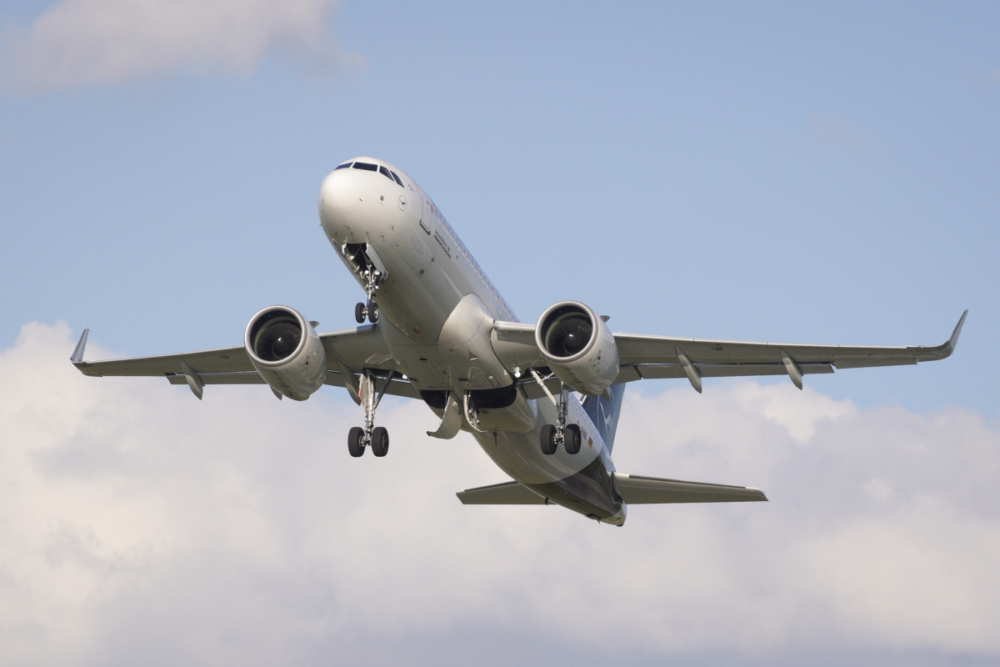In recent months we’ve seen border controls between EU nations relaxed. As such, flights within the continent were increasing in line with passenger demand. However, with fears of a second wave, has demand already peaked for the time being?

European aviation is currently recovering from its worst crisis. Indeed, the COVID-19 has proven worse for the industry than 9/11, SARS, the 2008 financial crisis, and the eruption of Eyjafjallajökull in Iceland. However, according to new figures, tied with moves from airlines and airports, things may not be as rosy as they seem. Let’s take a look.
Falling ticket numbers
According to data from ForwardKeys, and reported by Reuters, the number of tickets held for travel decreased by 10% between July and August. Indeed, in July, ticket numbers stood at 28%. However, fast-forward to the first week of this month, and it was down to just 18%.
Stay informed: Sign up for our daily aviation news digest.
The drop in travel has tied in with increasing travel restrictions as COVID-19 cases rise once more around the continent. For example, both the United Kingdom and Germany have listed the Spanish mainland as a high-risk country. Meanwhile, while Germany’s list contains Turkey, Austria has recently joined the UK’s list. The restrictions are making travel less attractive to potential passengers due to the hassle they cause.

Industry impacts
Recently we’ve seen several hints from both airlines and airports that things may not be as rosy as they first seem. Let’s look at Manchester Airport first. At the height of the crisis, the UK’s third busiest airport closed two terminals, they have all since reopened.
However, today the airport revealed that Terminal 2 would be closed once more as it “continued to monitor the travel patterns of our airlines and passengers in order to adapt our operations accordingly.” The terminal will close again from September 2nd, with no indicated reopening yet.
What about airlines?
Airlines have also been throwing hints that demand isn’t meeting expectations. Take Emirates, for example. The UAE carrier was keen to place the Airbus A380 on its route to Amsterdam. However, after just two weeks, the aircraft was downgraded to a Boeing 777 again “to ensure the optimal commercial utilisation of our aircraft fleet.”

Ryanair has also been forced to backtrack on its planned network reactivation. The European low-cost carrier has cut almost 20% of flights from its September and October schedules, as there isn’t sufficient demand for the services. The airline said that the reductions in service were being targetted at Spain, Sweden, France, and Ireland.
To try and stimulate traffic, the CEOs of four major UK airlines wrote to the Prime Minister this week, asking for negative COVID tests to be added as an exemption from quarantine.
Do you think the travel recovery in the UK has stalled? Let us know what you think and why in the comments!
[ad_2]
Source link


